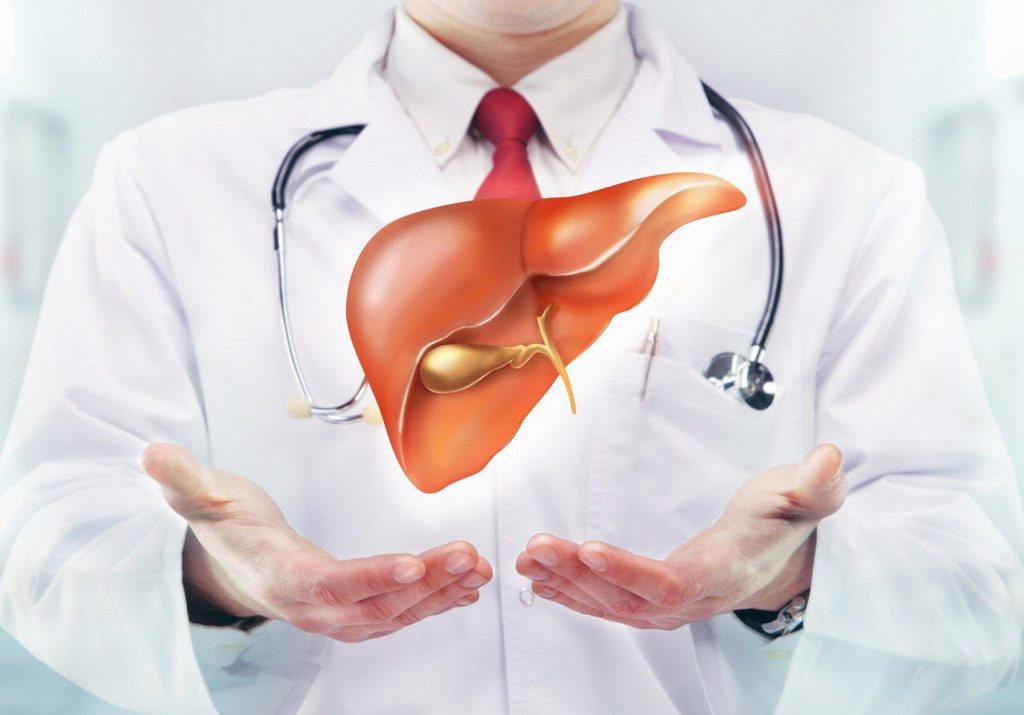
Hepatitis is an inflammation of the liver. Hepatitis is a serious disorder which affects the liver, one of the most important organs of the body. The liver removes harmful chemicals and toxins from the blood and also converts proteins and sugars into useful substances, stores them and releases them when required by the body. A liver infection makes it difficult for the liver to perform these functions; hence, it is essential to eradicate any problem as soon as it is detected.
The condition can be self-limiting or can progress to fibrosis (scarring), cirrhosis or liver cancer. Hepatitis viruses are the most common cause of hepatitis in the world but other infections, toxic substances (e.g. alcohol, certain drugs), and autoimmune diseases can also cause hepatitis.
Scientists have identified 5 unique hepatitis viruses — A, B, C, D and E. These viruses affect millions of people worldwide, causing acute and chronic liver disease. In particular, types B and C lead to chronic disease in hundreds of millions of people and, together, are the most common cause of liver cirrhosis and cancer. Around 1.5 million people die of liver disease every year.

Different Hepatitis Viruses
Hepatitis A virus (HAV) is present in the faeces of infected persons and is most often transmitted through consumption of contaminated water or food. Certain sex practices can also spread HAV. Infections are in many cases mild, with most people making a full recovery and remaining immune from further HAV infections. Safe and effective vaccines are available to prevent HAV.
Hepatitis B virus (HBV) is transmitted through exposure to infective blood, semen, and other body fluids. HBV can be transmitted from infected mothers to infants at the time of birth or from family member to infant in early childhood. Transmission may also occur through transfusions of HBV-contaminated blood and blood products, contaminated injections during medical procedures, and through injection drug use. Safe and effective vaccines are available to prevent HBV.
Hepatitis C virus (HCV) is mostly transmitted through exposure to infective blood. This may happen through transfusions of HCV-contaminated blood and blood products, contaminated injections during medical procedures, and through injection drug use. Sexual transmission is also possible, but is much less common. There is no vaccine for HCV.
Hepatitis D virus (HDV) infections occur only in those who are infected with HBV. The dual infection of HDV and HBV can result in a more serious disease and worse outcome. Hepatitis B vaccines provide protection from HDV infection.
Hepatitis E virus (HEV) is mostly transmitted through consumption of contaminated water or food. HEV is a common cause of hepatitis outbreaks in developing parts of the world and is increasingly recognized as an important cause of disease in developed countries. Safe and effective vaccines to prevent HEV infection have been developed but are not widely available.
Common Symptoms of Hepatitis

All forms of hepatitis present similar types of symptoms. These can include:
- Fever/ Flu-like symptoms
- Joint pain
- Fatigue
- Nausea
- Loss of appetite
- Unexplained weight loss
- Vomiting
- Abdominal pain
- Pale/ Grey stools
- Jaundice (yellowing of the eye whites and skin)
The initial infection may commonly be misinterpreted as the flu, or go unnoticed, and many people aren’t diagnosed until they receive screening for other blood disorders.
If you experience fluid retention, pale stools, or bleeding problems, this may indicate a liver problem and you should be tested for hepatitis.
How is Hepatitis Treated?

If you are diagnosed with hepatitis B, your doctor will advise to abstain from drinking alcohol and to avoid medications (including any kinds of supplements) that the liver filters. As there is currently no cure for hepatitis B, your doctor will monitor your conditions and treat your symptoms as they present, and prescribe antiviral drugs where appropriate. Many patients would require long-term antiviral treatment which is effective in suppressing the virus and preventing liver cancer and other serious complications. Your body may also clear the virus naturally over time.
If you are diagnosed with hepatitis C, you may be prescribed antiviral medications such as ledipasvir/sofosbuvir (Harvoni) and daclatasvir (Daklinza). Almost all patients on the newer medications can be cured of hepatitis C. The type of medication to take will depend on the variation of hepatitis C you have. Your doctor will usually prescribe a course of treatment that lasts 12 – 24 weeks.
If you agree to any of the above statements, there is a chance you need to be screened for either hepatitis B or C. Hepatitis C can be treated with direct-acting antiviral (DAA) drugs, while hepatitis B can be prevented with a vaccine.
It is advisable to make an appointment to get tested early so you can receive appropriate and timely treatment.


